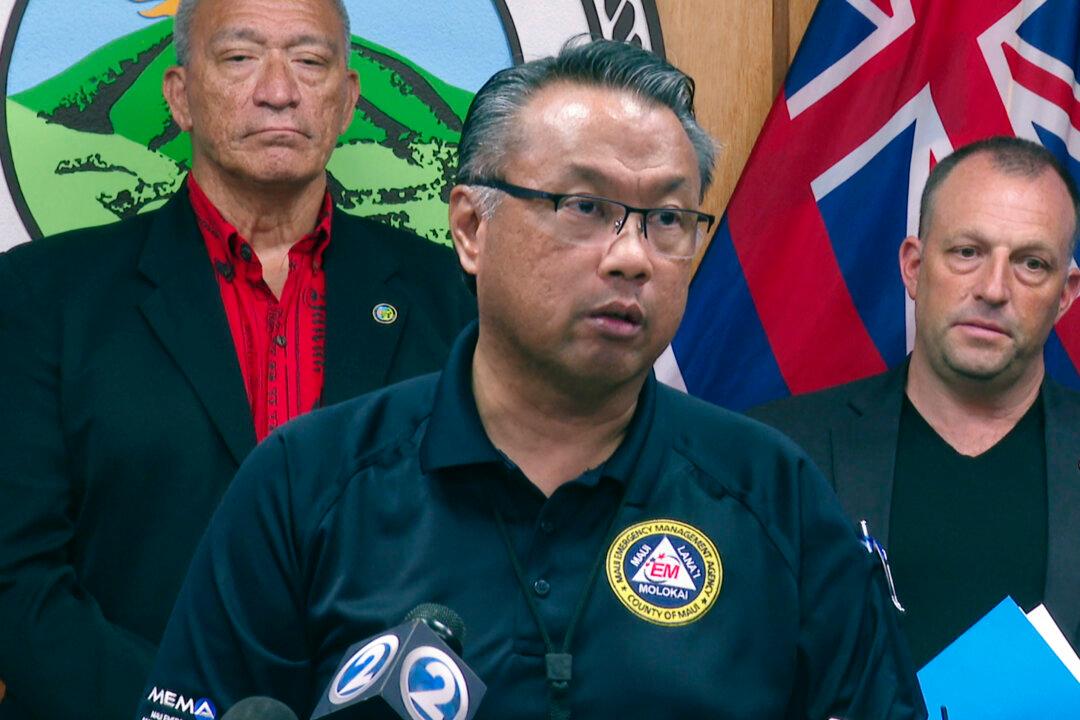A day after expressing no regrets for not sounding the sirens during Lahaina’s deadly wildfires, the head of the Maui Emergency Management Agency has stepped down.
The death toll from the fires that swept through Maui on Aug. 8 reached 111 on Thursday. They have become the deadliest fires in the United States in more than a century. Hundreds, maybe thousands, of people remain missing.




